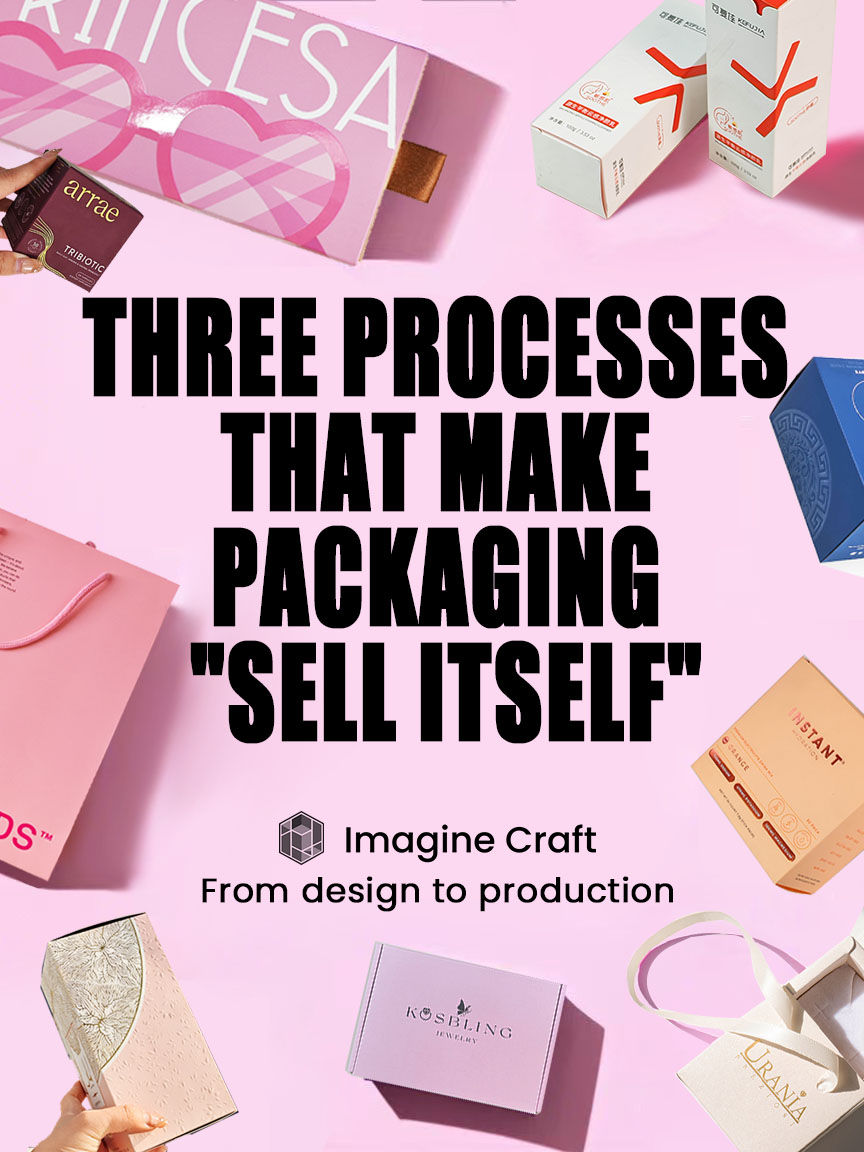How Can Sustainable Packaging Drive Global Business Success in 2025?
- Lei Qiu
- 2025年3月7日
- 讀畢需時 2 分鐘
Sustainable packaging is set to become a trillion-dollar mega-market. If you don’t upgrade your packaging solutions now, you risk being left behind by your customers. With the EU’s carbon tariffs building a green trade barrier and more consumers voting with their wallets for eco-friendly products, companies that proactively redesign their packaging and explore innovative materials are gradually establishing a “green monopoly.”

Read this guide to help you effectively choose sustainable packaging solutions.
Overview of Sustainable Packaging Trends:
European Union: Starting in 2025, unnecessary single-use packaging will be banned under strict new regulations.
North America & Other Developed Nations: Constantly evolving regulations are gradually forcing businesses to eliminate high-pollution materials.
Global Trends: Leading nations are promoting green packaging standards, requiring businesses to develop proactive strategies. Even commonly used materials like PVC and EVA packaging inserts are under scrutiny.
Research shows that by 2025, up to 65% of consumers will abandon brands with unsustainable packaging. Sustainability impacts not only B2C sales but also B2B partnerships. At Imagine Craft, we take pride in being a trusted supplier of sustainable packaging solutions.
How Can Businesses Achieve Truly Sustainable Packaging?
1. Packaging Design:
Reduce materials: Adopt an all-in-one foldable paper structure instead of plastic trays, reducing plastic usage by over 90%.
Include a "recycling QR code" on packaging to guide consumers in scheduling recycling services.
Add an "environmental footprint" or "carbon footprint" label to comply with the EU’s green trade regulations.
Design reusable packaging (e.g., foldable storage boxes or transformable shipping boxes).

2. Material Upgrades:
PVC tape → Replace with bio-based or biodegradable tape
Foam fillers → Replace with honeycomb paperboard or mushroom-based packaging
Aluminized plastic films → Replace with eco-friendly water-based coated paper
Actively source high-quality sustainable alternatives in the global supply chain and assess their long-term cost advantages, including reductions in environmental taxes and logistics expenses.

Strategies to Reduce Costs for Businesses:
1. Policy Incentives:
Many governments offer subsidies for eco-friendly packaging, with some regions covering up to 30% of costs.
Partner with local recycling centers to offset environmental fees by repurposing packaging materials.
2. Affordable Eco-Friendly Materials:
Bio-based materials, such as cornstarch foam, are expected to become significantly cheaper, making them a viable alternative to plastic.

3. Supply Chain Optimization:
Choose integrated suppliers that handle design, production, and shipping to streamline costs.
Ensure suppliers specialize in paper-based packaging to guarantee compliance with sustainability standards.
4. Work with Certified Manufacturers:
Select manufacturers with proper certifications and qualifications to ensure product quality and authenticity.
Monitor international tenders and bulk procurement projects to secure long-term, cost-effective supply chain partnerships.
Top Sustainable Packaging Materials for 2025
Material | Application | Cost Comparison | Key Considerations |
Bagasse containers | Takeout & ready-to-eat meals | Slightly more expensive than plastic | Ensure it has a waterproof coating |
Stone paper envelopes | Document mailers & brand tags | Lower cost than traditional paper | Avoid exposure to high temperatures |
Dissolvable shipping bags | Apparel & daily goods | Higher cost but reduces shipping expenses | Must dissolve in cold water—test strength before use |
As sustainable packaging continues to gain traction in 2025, adopting effective eco-friendly solutions will significantly enhance business competitiveness.
🌱 Imagine Craft specializes in manufacturing sustainable paper-based packaging. Learn more at https://www.imagine-craft.com.


留言